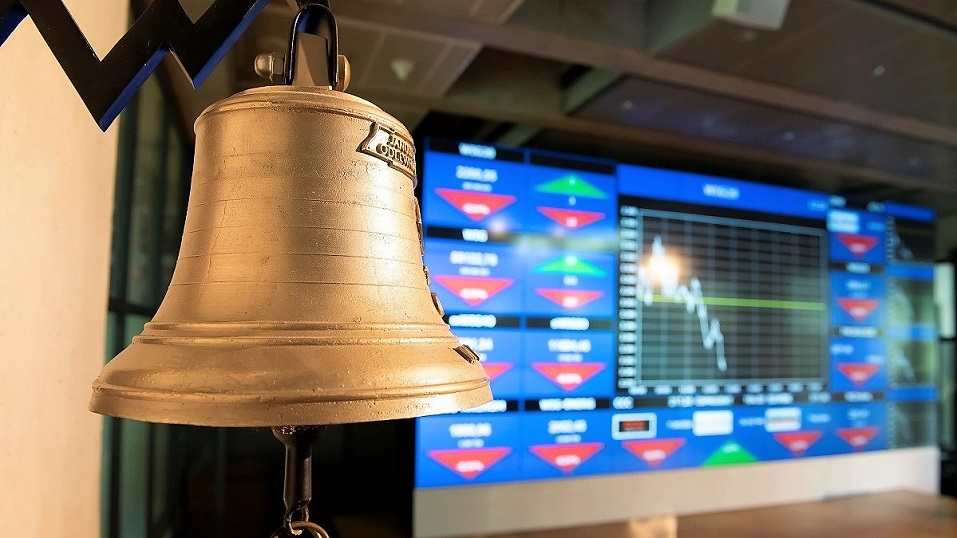Huawei is testing the ground for AI chip exports to the Middle East and Southeast Asia, measuring itself against Nvidia’s dominance and US export restrictions. According to Bloomberg, the Chinese conglomerate is in talks to sell older Ascend 910B chips in the UAE, Saudi Arabia and Thailand. However, so far no deals have been finalised.
It’s a small scale but strategically significant move. AI chips are currently one of the hottest resources in the global race for dominance in the artificial intelligence space. Nvidia is in a strong position here, particularly in regions investing heavily in new data centres – such as Saudi Arabia and the UAE, where a number of AI infrastructure contracts involving US companies have been announced.
Huawei is trying to enter the landscape through a side door – offering older chips, but also building interest in cloud services based on its own more modern chips. Its flagship CloudMatrix 384 platform, although technologically more advanced, is not yet available to overseas customers due to limited supply.
The Chinese manufacturer is also trying to secure the domestic market. After the US cut off Chinese companies from cutting-edge US chips (including Nvidia’s GPUs), Huawei is offering the 910C chip as an alternative to local AI players. Combined with Chinese investment in technological sovereignty, this could benefit the company in the long term.
Globally, however, Huawei is still balancing on a thin line. On the one hand, it has technological potential, on the other, limited export reach and difficult access to key markets. Attempts to enter markets such as the Middle East are not only a test of sales capabilities, but also a geopolitical experiment: are regions with close relations with the US ready to cooperate with Chinese AI providers?
For now, the answer is: not necessarily. But the very fact that Huawei is attempting to do so shows a determination to build an alternative semiconductor ecosystem – and may herald more change in the years to come.











